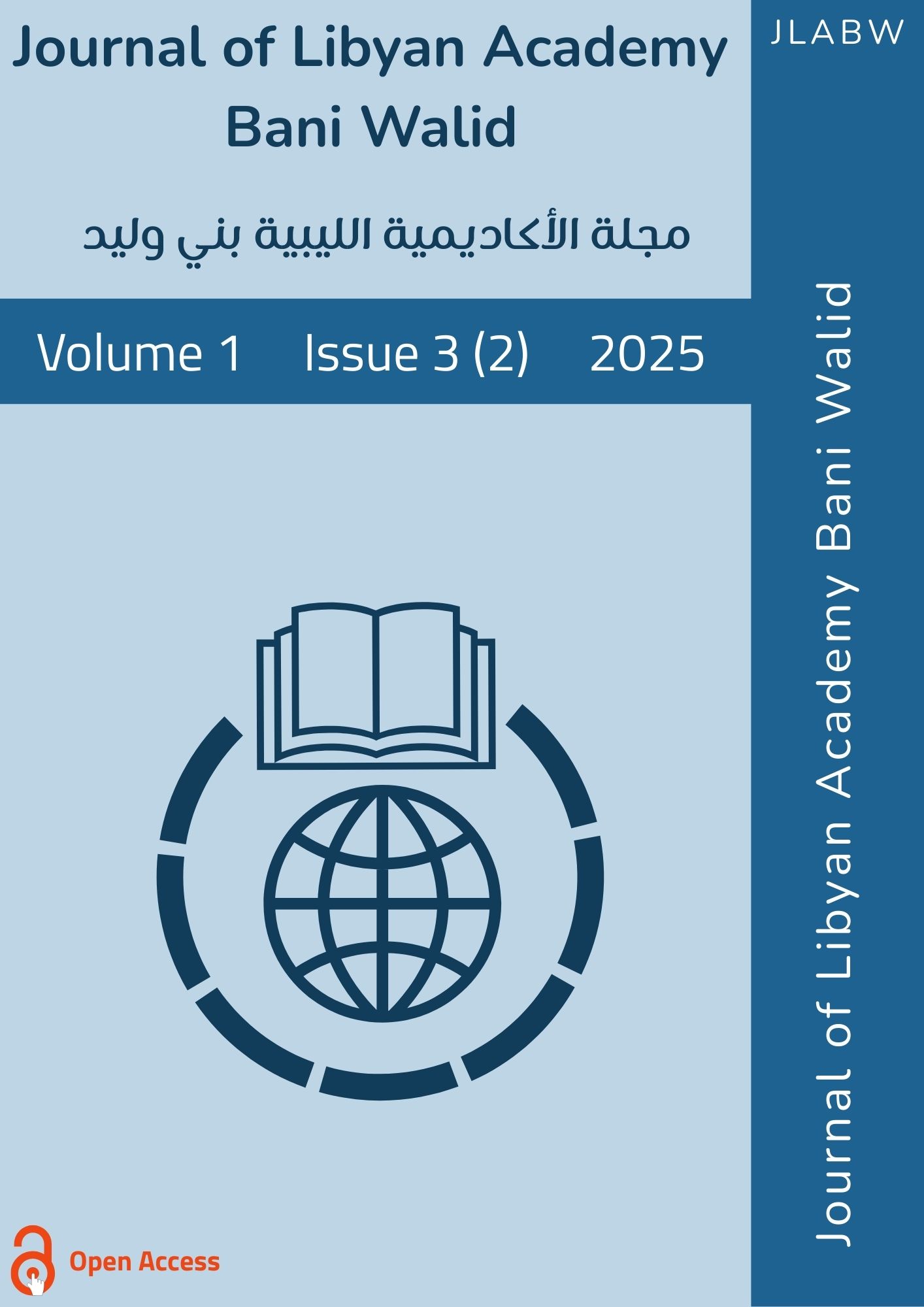Criminal fines as a punishment and related issues
DOI:
https://doi.org/10.61952/jlabw.v1i3.207Keywords:
Punishment, criminal fine, mandatory payment, financial sanction, punitive functionAbstract
The fine is one of the oldest forms of punishment known to humankind, dating back to the systems of compensation for injuries and offenses in ancient legal systems, which were essentially forms of punitive compensation. However, in modern times, the fine has lost all connotations of compensation and has become purely a criminal sanction, intended to inflict pain on the offender through financial means. Therefore, this study will examine the nature of the fine, its criminal character and punitive function, as well as its legal framework, including its enforcement mechanisms and the flexibility allowed in its application
References
First: Books:
Ahmed Awad Bilal, The General Theory of Criminal Punishment, Dar al-Nahda al-Arabia, Second Edition, 1996.
Ahmed Ali al-Khawaldeh, Alternatives to Short-Term Imprisonment, Dar al-Thaqafa Publishing and Distribution, First Edition, Amman, Jordan, 2024.
Saeid Mostafa Saeid, Commentary on the General Provisions of the Penal Code, Fourth Edition, Dar al-Maaref, 1962.
Ghayth Jumaa Saeed, Modern Trends in Alternative Penalties as an Alternative to Short-Term Imprisonment: A Comparative Study, Dar al-Fikr al-Jamii, First Edition, Alexandria, 2020.
Mohamed Ramadan Bara, Commentary on the Libyan Penal Code, General Part, Volume 2: General Provisions on Punishment and Preventive Measures, National Library Press, 2nd edition, 2021.
Mohamed Zaki Abu Amer, Sulaiman Abdel Moneim, The General Part of the Penal Code, New University Press, 1st edition, Alexandria, 2002.
Mahmoud Najib Hosny, The Science of Punishment, Arab Renaissance Press, Cairo, 1973.
[………….], Commentary on the Penal Code, General Part, 6th edition, Arab Renaissance Press, 1989
Second: Academic Research:
Rema misbah Alfytouri Alfirjani. (2024). Suspension of execution is an alternative to custodial punishment in Libyan criminal law. Al-Haq Journal for Sharia and Legal Sciences, 226-236. https://doi.org/10.58916/alhaq.vi.249
ALfirjani, R. M. A. (2024). criminal confrontation of abuse of influence in Libyan law. Al-haq Journal for Sharia and Legal Sciences, 71-86.
Salam Mohammed Al-Meqdad, The Impact of Judicial Discretion in Sentencing on Lebanese Criminal Judgments: A Comparative Study and Evaluation of Proposed Reforms, The Arab Journal for Scientific Publishing, Issue 8, Volume 82, Published August 2, 2025.
Sabah Sami Daoud, Sabreen Ibrahim Rida, The Fine as an Alternative to Imprisonment, Baghdad University Law Journal, Special Issue for Faculty and Graduate Student Research, Part 2, Volume 36, September 2021.
Thirdly: Websites:
The Libyan Law Society, website: https://lawsociety.ly.
Mustafa M. Dabara, "The Penalty of a Fine and Its Applicability in Cases of Attempted Felonies," Libyan Journal of Legal Studies, June 15, p. 219, DOI: https://doi.org/10.37376/jols.v15i.2119.
Fourth: Lectures:
Lecture on General Criminal Law at Al-Zaytouna University, Faculty of Law, Tarhuna branch, delivered by Dr. Al-Hadi Abu Humra, unpublished, 2010-2011.








